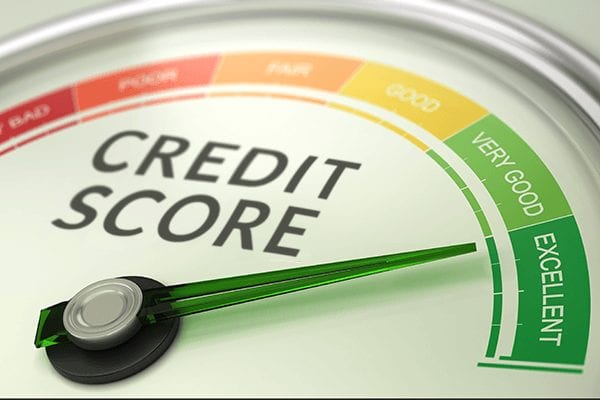A credit card is linked to a financial institution’s credit account. You borrow money from the credit card company when you use the card. A credit card can buy goods or services from any merchant who accepts credit cards. Some cards also allow you to acquire a cash advance, though this isn’t advised due to the high fees.
You have more accessible credit when you make a payment so that you can borrow again. As a result, a credit card is referred to as a revolving line of credit. As long as you pay your bill and have credit available, you can continue to use it and borrow from it.
What exactly is APR?
The annual percentage rate, or APR, is the cost of borrowing money using a credit card over a year. It’s the interest rate charged by your credit card company on any unpaid debt after your payment due date. Fortunately, paying down your card’s full statement balance will save you money on interest rates. You won’t have to pay any interest on your purchases if you do this. You wouldn’t be able to keep that balance for a year. To keep your account in good standing and avoid fees, you’d have to make minimum payments every month. That was merely an illustration of the notion of credit card interest.
How to Improve Your Credit Score
It’s critical to use your credit card to help you enhance your credit score after you’ve been authorized for one. To build credit using a credit card, follow these steps:
- On-time payment
Paying on time is the best thing you can do for your credit. The most important aspect in evaluating your credit score is your payment history, and on-time payments will help you establish outstanding credit. The majority of credit card companies have an autopay option. This is an excellent approach to ensuring you don’t forget to make a payment. You might also create a monthly reminder for yourself.
- Keep an eye on your FICO Score.
Although there are other credit ratings, lenders most commonly utilize the FICO Score. It would be best to double-check yours at least once every few months to make sure you’re on track. Some credit cards come with a FICO Score tracker, but you may check your score for free online if yours doesn’t.
- Maintain a modest level of equilibrium.
Your credit score will suffer if your credit card bill rises too high. To avoid this, try not to use more than 30% of your credit limit at any given time. To compute 30% of your credit limit, multiply your credit limit by 0.3.
- Request an increase in your credit limit.
Request a credit limit increase from your card issuer after nine to twelve months of good credit and on-time payments. A higher credit limit can make staying below the suggested 30 percent debt-to-income ratio easier.
What is a credit card bill?
As we march toward a more significant reliance on credit, credit card bills have become a feature of most of our lives. Credit card bills typically include a list of information, some of which is understandable and the rest of which appears to result from complex calculations that you will never comprehend. For the most part, the most significant portions of a credit card bill are the ones that tell us how much money we owe and when we have to pay it. However, there is a lot more to a credit card bill, and understanding all of the components might help you avoid missing bill payments or losing out on privileges that your card may offer.

